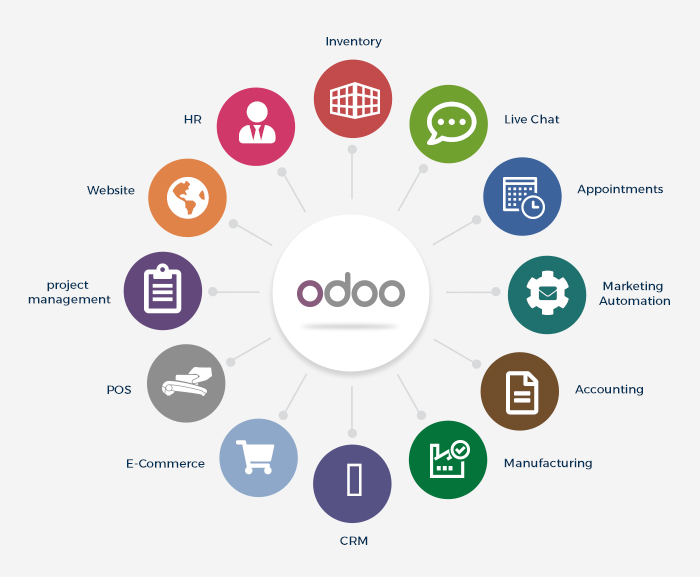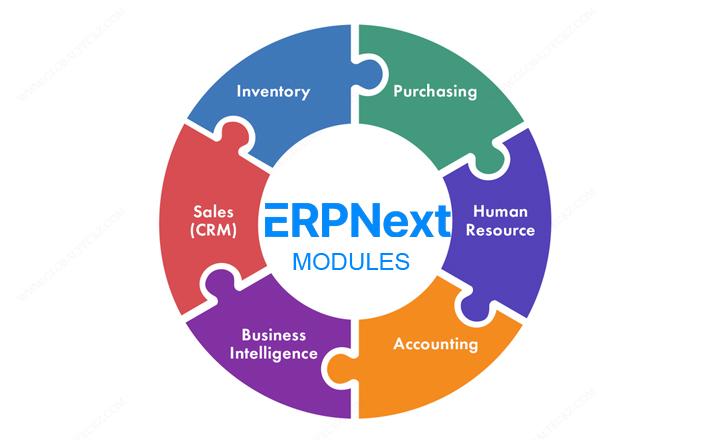Digitalization is disrupting businesses of all sizes and sectors on the African continent. Micro, Small and Medium Enterprises (MSMEs) in West Africa are no exception. Digitalization offers MSMEs many benefits, including increased efficiency, better customer knowledge, greater flexibility and faster innovation. However, digital transformation can also present challenges, such as the need to train employees, implement proper security systems, and find the required resources to invest in new technologies.
Supported by the GIZ “shERPa” project - the name for an internal advisory offer by GIZ‘s Sectoral Department (FMB) to projects that supports MSMEs on their digitalization journey - Kaikai has conducted a brief explorative analysis on the digitalization of MSMEs in two West African countries, namely Ghana and Togo. The focus lies on the operational management, and thus the digitalization of internal processes of MSMEs, such as accounting, inventory, finance management and others, where appropriate through open source ERP solutions. In our analysis , we interviewed IT suppliers and MSMEs, and researched existing solutions.
What are the challenges faced by MSMEs in their digitalization process ?
Although the digital ecosystem seems more dynamic in Ghana than in Togo, it emerges from the exchanges with the different actors that the difficulties encountered by MSMEs are quite similar in these two countries. The needs that come up the most are: Accounting; Inventory management; HRM; CRM; Billing; Payroll.
In Togo, the IT suppliers complained about the lack of digital culture and the lack of vision of MSMEs. Their customers consider the acquisition of solutions only as costs and not as investments. They lack operational excellence (e.g. in accounting and CRM), and thus a digitalization project can uncover a lot of gaps.
As for Ghana, the MSMEs interviewed were using proprietary software for accounting processes, which in some cases was limiting them, because they often use desktop software with expired or hacked licenses, which makes updates impossible. They are unlikely to move to a cloud-based SaaS offering of the same product.
Our interviews also revealed the ability of MSMEs to bear some of the costs of digitalization, particularly with regard to licensing and equipment costs (computers, etc.). However, the cost of introducing integrated ERP systems - understanding needs and consulting on processes, customization, training - is considered a limiting factor for MSMEs.
Exemple de solutions ERP
Here are a few example of ERP solutions that we would like to highlight:
Solution 1: Odoo
 The characteristics of this solution are as follows:
The characteristics of this solution are as follows:
Open source - although the free community version (“libre” software) has limitations compared to the enterprise version (which has proprietary extra features and services), which forces IT suppliers to use odoo’s own cloud offering when providing customizations (for example to respect local regulations)
A single application, with all the priority features for MSMEs
Flexibility for customization: app store and open source ecosystem
High penetration in the sub-regional market and use by local MSMEs
Many local suppliers
Solution 2: ERPNext
The characteristics of this solution are as follows:
Completely open source, i.e., no difference from enterprise (“commercial” / “costly”) offerings
A unique application
Flexibility for customization
Local providers exist, but less extensive ecosystem than Odoo
Already used by local MSMEs
Solution 3: ERP Compta (CAGECFI)
Not free and not open source
Present in 17 countries in the sub-region
Has conducted projects with MSMEs with good feedback (UNDP project)
Understands local context
Scalable
3 main recommandations for a successful digitalization of MSMEs
1. Combine the introduction of digital technology with capacity building/trainings
ERP systems make assumptions about the ideal process to use at a given location, but some solutions are very flexible and allow you to do things differently. So understanding the underlying processes is especially important. According to the interviewed solution providers, this sometimes involves improving processes, which becomes an organizational rather than a technical task.
This is especially true for business areas that require specific skills, such as accounting. It is not enough for a solution provider to have a good understanding of an ERP solution, but they must have domain expertise to advise customers.
2. Involving MSMEs in the financial risk of digitalization
If digital transformation services are provided free of charge to MSMEs, this carries several risks in terms of the sustainability of the intervention.
Generally, projects involving solution providers require payment of an initial installation / configuration / training phase and subsequently a monthly or annual subscription fee. If the service is provided free of charge for an initial period, this facilitates the initial introduction. However, ongoing subscription costs can become a burden and ultimately end the vendor-client relationship.
If there is no investment or financial risk to the client, the project is likely to be viewed as an add-on or side project. This means it is less likely that key people/leadership will be involved in the process, which is necessary for a successful digital transformation project.
Of course, when MSMEs have limited resources, a financial support program is necessary to reduce project risk for both the vendor and the customer. However, we recommend that the MSME needs to pay a percentage of the initial cost and for ongoing maintenance and equipment. It might exclude very young and small businesses, but those are unlikely to carry the work forward anyway.
3. Focus on adaptable and standardized technological solutions
While digital transformation is not just a technical issue, the choice of solution is an important part. We believe that in working with the private sector, it is important not to encourage vendor lock-in and to ensure that MSMEs can make informed decisions and retain flexibility in choosing a different vendor, consultant, or internal hire. This also allows the development of custom local modules that respect local regulations for accounting, hr, payment systems etc.
In summary, programs that support the introduction of ERP systems should favor standardized systems - which have an active ecosystem, learning resources. Open-source solutions like Odoo or ERPNext - and also Tryton to some extent - are good candidates for this, as they have accessible documentation and usually promote training of external developers. On the other hand, we should make sure that we know the local digital ecosystem, in this case Ghana and Togo; there may already be solution providers (open source or proprietary) that may already have digital software solutions for MSMEs. Thus, there is always a need to really understand the local context to not crowd out existing companies and their solutions.
There is certainly potential to improve existing solutions, for example by focusing on tools that perform most operations on smartphones, that integrate tightly with national and regional regulations and that respond to the specific needs and demands of MSMEs. But we think it's better to offer these solutions as extensions or add-ons to solutions that already have an open ecosystem, rather than closed proprietary solutions that are solely dependent on one vendor.